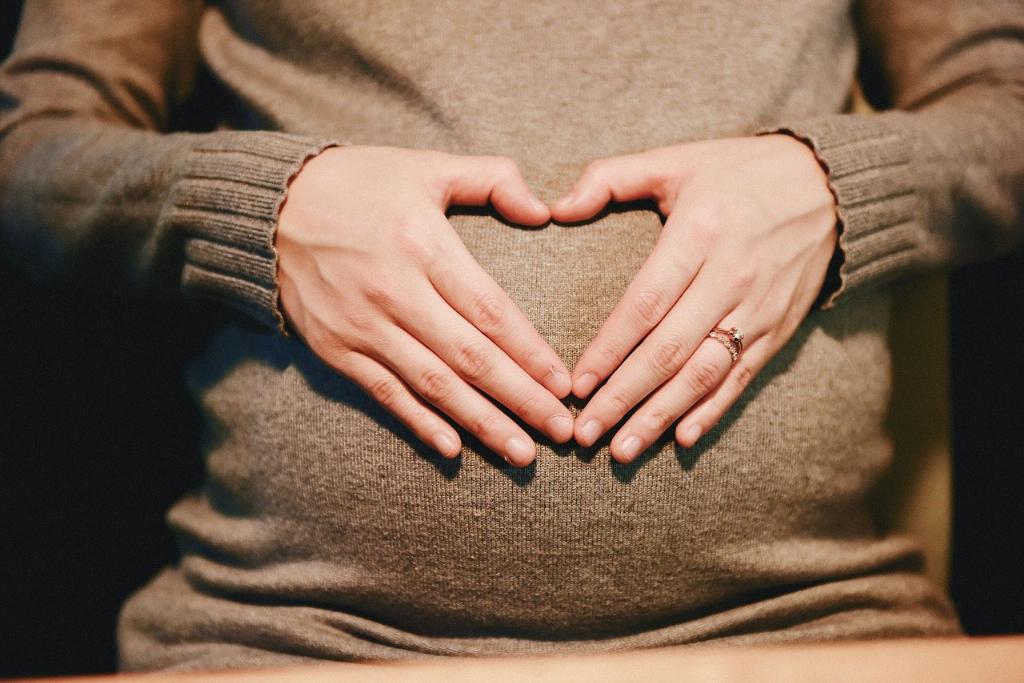During early pregnancy, it is common for women to experience various changes in their bowel movements. These changes can be attributed to a combination of factors, including hormonal fluctuations, dietary adjustments, and the physical changes that occur in the body as the pregnancy progresses.
Black Stool and Iron Supplements
One common reason for changes in stool color during early pregnancy is the consumption of iron supplements. Iron supplements are often prescribed to pregnant women to prevent anemia, a condition characterized by a deficiency of red blood cells. These supplements can cause the stool to turn black, which is a normal and expected side effect.
Greenish Stool and Iron Absorption
In addition to turning the stool black, iron supplements can also sometimes cause the stool to appear greenish. This change in color is typically due to the way iron is absorbed and processed by the body, leading to variations in the pigmentation of the stool.
Pressure on the Pelvis and Constipation
As the uterus enlarges during pregnancy, it puts increased pressure on the pelvic region. This pressure can sometimes lead to constipation, a common gastrointestinal issue in pregnant women. Constipation can affect the frequency and consistency of bowel movements, potentially causing changes in the color of the stool.
Hemorrhoids and Blood in the Stool
Another common issue that can arise during pregnancy is the development of hemorrhoids. Hemorrhoids are swollen blood vessels in the rectal area that can cause discomfort and bleeding during bowel movements. The presence of blood in the stool can lead to changes in color, ranging from bright red to darker shades.
Monitoring Changes and Seeking Medical Advice
While changes in stool color and consistency are relatively common during pregnancy, it is essential for women to monitor these changes and seek medical advice if they experience any concerning symptoms. Persistent alterations in bowel movements, especially when accompanied by other symptoms such as abdominal pain or fever, should be evaluated by a healthcare provider.
Importance of a Balanced Diet
Maintaining a balanced diet rich in fiber, fluids, and essential nutrients is crucial for supporting healthy digestion during pregnancy. Eating a variety of fruits, vegetables, whole grains, and lean proteins can help prevent constipation and other digestive issues that may affect stool color.
Consulting a Healthcare Provider
If you have concerns about changes in your bowel movements or stool color during early pregnancy, it is recommended to consult with your healthcare provider. Your provider can offer guidance on managing gastrointestinal symptoms and ensure that your pregnancy progresses smoothly.
Conclusion
In conclusion, changes in stool color during early pregnancy can be influenced by various factors, including iron supplements, hormonal changes, and gastrointestinal issues such as constipation and hemorrhoids. Monitoring these changes and maintaining a healthy diet are essential steps in promoting digestive health and overall well-being during pregnancy.

